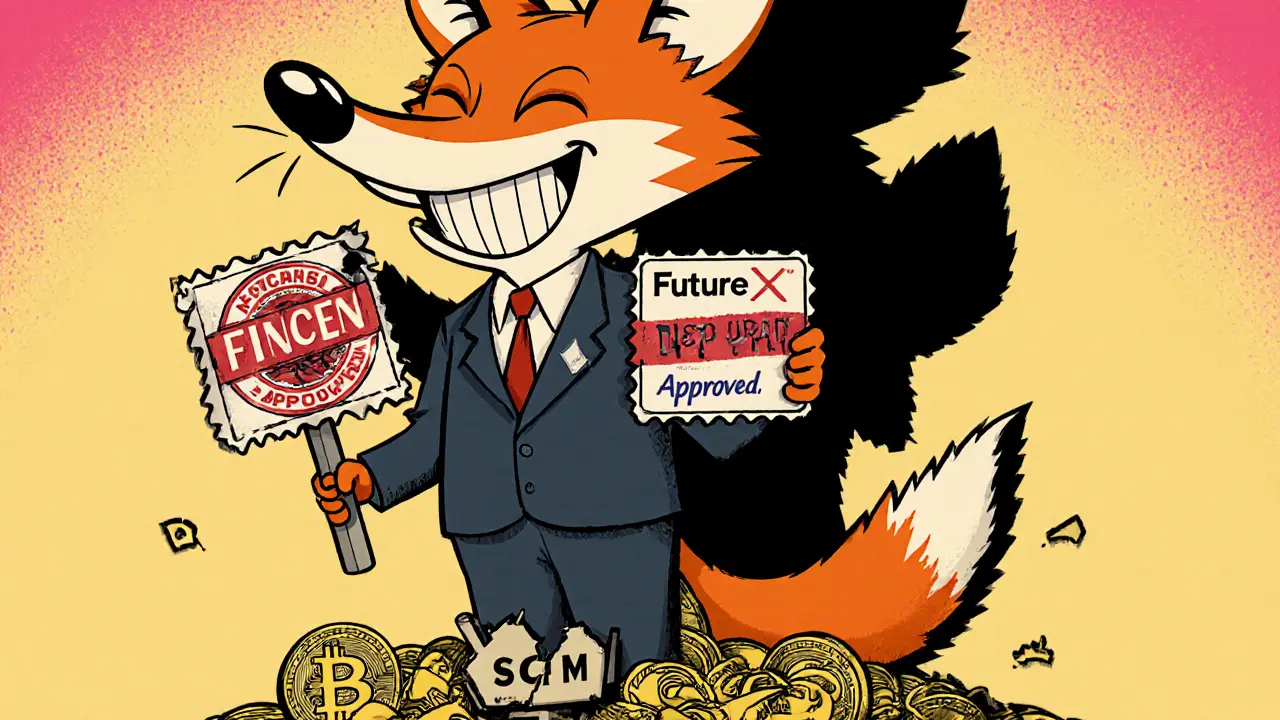No KYC Exchange: Trade Crypto Privately Without Identity Checks
When you use a no KYC exchange, a crypto platform that doesn’t require you to submit government-issued ID for verification. Also known as anonymous exchange, it lets you trade directly without handing over your personal data. This isn’t just for privacy fanatics—it’s how people in Nigeria, Vietnam, and Tunisia access crypto when banks block them. No KYC exchanges aren’t shady by default; they’re often built on decentralized protocols like Uniswap or Tokenlon, where the code runs the show, not a central team asking for your passport.
These platforms relate closely to decentralized exchange, a peer-to-peer trading system that doesn’t hold your funds or control your wallet. Also known as DEX, it’s the backbone of most no-KYC trading. Then there’s P2P crypto, a method where buyers and sellers connect directly, often using cash or local payment apps, to swap crypto without any middleman. This is how traders in Iran or Argentina bypass capital controls. And let’s not forget anonymous trading, the practice of keeping your transaction history and identity hidden from regulators and third parties. You’ll find all these concepts in the posts below—some explain how to use them safely, others warn you about fake platforms like QB or Ostable that pretend to be no-KYC but are just scams.
What makes no KYC exchanges powerful isn’t just freedom—it’s necessity. When India slaps a 1% tax on every trade, or Vietnam introduces a 0.1% fee on every swap, people still need to move crypto without leaving a paper trail. That’s why tools like Merchant Moe on Mantle or DODO on BSC show up here: they offer low fees and fast trades without asking for your name. But they’re not for beginners. You need to understand wallet security, slippage, and how to spot a rug pull. The posts here cut through the noise. You’ll learn which platforms are real, which airdrops are fake, and how to trade without getting hacked or taxed into oblivion. No fluff. Just what works—and what to avoid.

FutureX Pro Crypto Exchange Review: Red Flags and Scam Warning
FutureX Pro claims to be a secure, FinCEN-approved crypto exchange with no KYC-but it's a scam. No verified reviews, no security proof, and impossible regulatory claims make this platform extremely dangerous. Avoid it at all costs.
© 2026. All rights reserved.